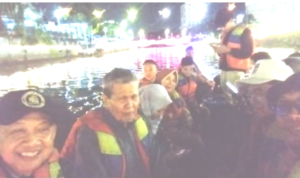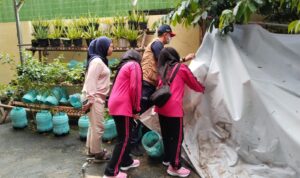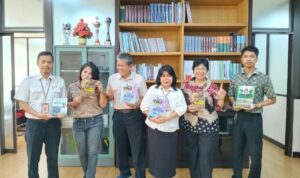Peace culture and Culture of peace are two different things. Let see the details as mention below.
Peace culture
Peace is social health. Your body is made up of 60 trillion cells, as well as vast numbers of organisms that don’t even share your DNA. When all those cells and organisms are getting sufficient nutrition, clean water, and sanitation services in an environment that allows them to perform their proper functions, we call that health. Societies are healthy to the extent that their members (99%, not just 1%) have nutrition, clean water, and supportive environments.
Our current war culture is structured by the competitive effort to make oneself or one’s subgroup healthy and happy (comfortable, secure, etc.). Most of us engage wholeheartedly in this competition without considering how we affect folks around us, those across the tracks, and the Earth as a whole. Peace culture starts with the intention to restore our entire planet and everyone on it (including our plant and animal neighbors) to good health. The shared goal in a peace culture is sustainable universal wellbeing.
The distinguishing characteristic of a war culture is the acceptance of violence as an appropriate, legitimate or at least an unavoidable method of intergroup conflict resolution. Peace culture, by definition, does not accept group-on-group violence (war). The belief that violence, though bad, is good when good guys use it against bad guys, is the primary reason the war culture remains dominant. Until the human family abandons this belief, we will continue to be ruled by leaders skilled in the arts of lying, cheating, stealing, trickery, and violence. As long as resolutions determined by violence are accepted, violence will always win. Where winning by violence is accepted, all is fair.
Culture of Peace
A culture of peace is an integral approach to preventing violence and violent conflicts, and an alternative to the culture of war and violence based on education for peace, the promotion of sustainable economic and social development, respect for human rights, equality between women and men, democratic participation, tolerance, the free flow of information and disarmament.
• Respect the life and dignity of each human being without discrimination or prejudice;
• Practise active nonviolence, rejecting violence in all its forms: physical, sexual, psychological, economic and social, in particular towards the most deprived and vulnerable such as children and adolescents;
• Share the time and material resources in a spirit of generosity to put an end to exclusion, injustice and political and economic oppression;
• Defend freedom of expression and cultural diversity, giving preference always to dialogue and listening without engaging in fanaticism, defamation and the rejection of others;
• Promote consumer behaviour that is responsible and development practices that respect all forms of life and preserve the balance of nature on the planet;
• Contribute to the development of my community, with the full participation of women and respect for democratic principles, in order to create together new forms of solidarity;
Culture and heritage are important assets to strengthen democracy
The importance of culture and heritage in sustaining local and regional economies, improving co-operation with communities and strengthening democracy in a global citizenship. “Decision-makers in the public and private sectors should be sensitive to the value of cultural heritage, ‘an asset for Global economies and societies.








